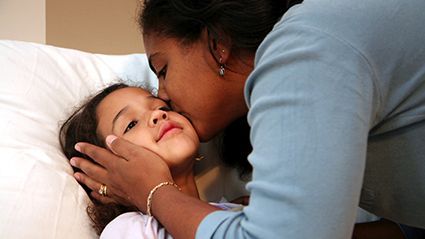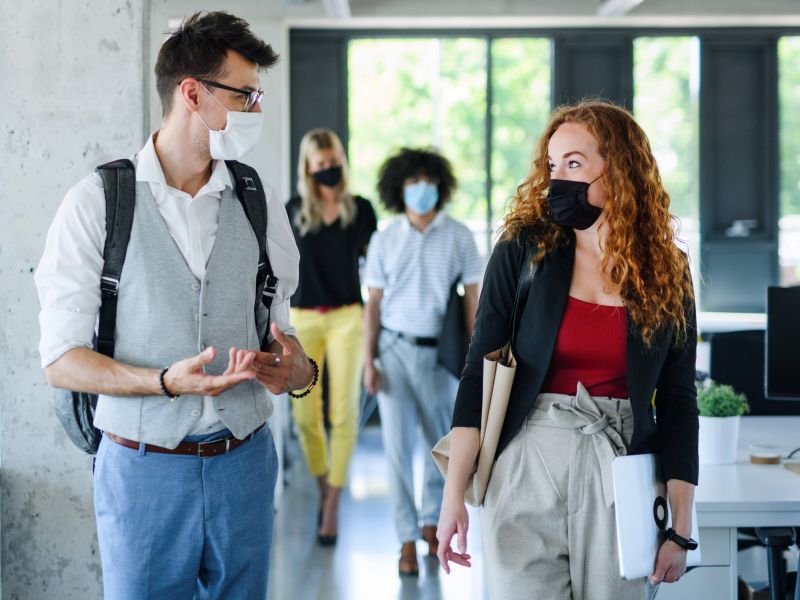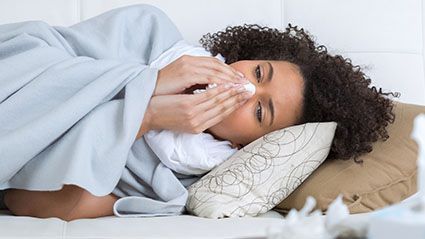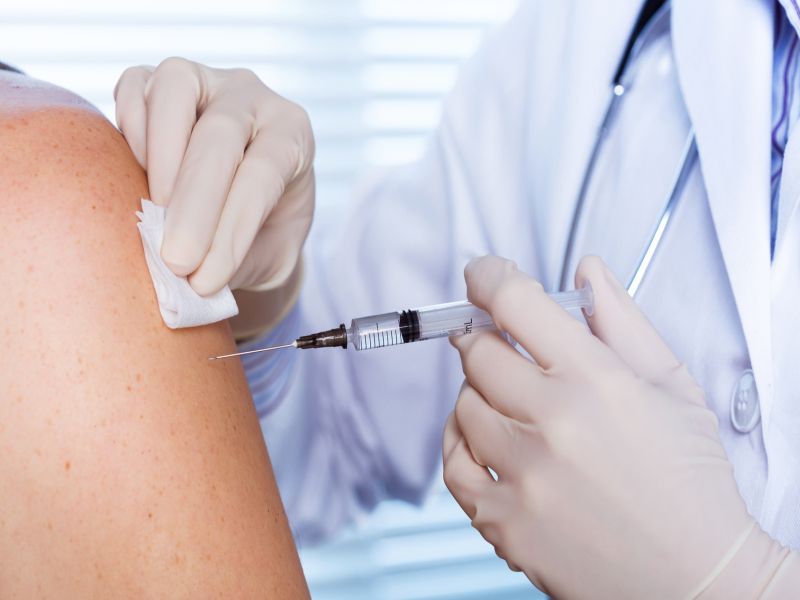
If you’re trying to decide whether to have your child tested for COVID-19, talk with your pediatrician, the American Academy of Pediatrics (AAP) suggests. Children and teens with COVID-19 symptoms should be tested immediately. This is especially important if they’re going to school, playing sports or have in-person jobs, according to the academy. Testing is… read on > read on >






























